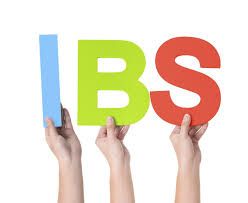IBS (Irritable Bowel Syndrome

Irritable bowel syndrome (IBS) is a common condition that affects the digestive system. It causes symptoms like stomach cramps, bloating, diarrhoea and constipation. These tend to come and go over time, lasting for days, weeks or months. It's usually a lifelong problem. It can be very frustrating to live with and can greatly impact your everyday life. There's no cure, but diet changes and medicines can often help control the symptoms. The exact cause is unknown – it's been linked to things like food passing through your gut too quickly or too slowly, oversensitive nerves in your gut, stress and a family history of IBS.
The main symptoms of IBS are:
- stomach pain or cramps – usually worse after eating and better after doing a poo.
- bloating – your tummy may feel uncomfortably full and swollen.
- diarrhoea – you may have watery poo and sometimes need to poo suddenly.
- constipation – you may strain when pooing and feel like you cannot empty your bowels fully.
There may be days when your symptoms are better and days when they're worse (flare-ups). They may be triggered by food or drink.
IBS can also cause:
- farting (flatulence).
- passing mucus from your bottom.
- tiredness and a lack of energy.
- feeling sick (nausea).
- backache.
- problems peeing, like needing to pee often, sudden urges to pee, and feeling like you cannot fully empty your bladder.
- not always being able to control when you poo (bowel incontinence).
Support
IBS Network

We are the national charity supporting people living with irritable bowel syndrome, or IBS.
Our mission is to provide support, accurate and up-to-date information and advice, working alongside specialist healthcare professionals to help facilitate self-management.

